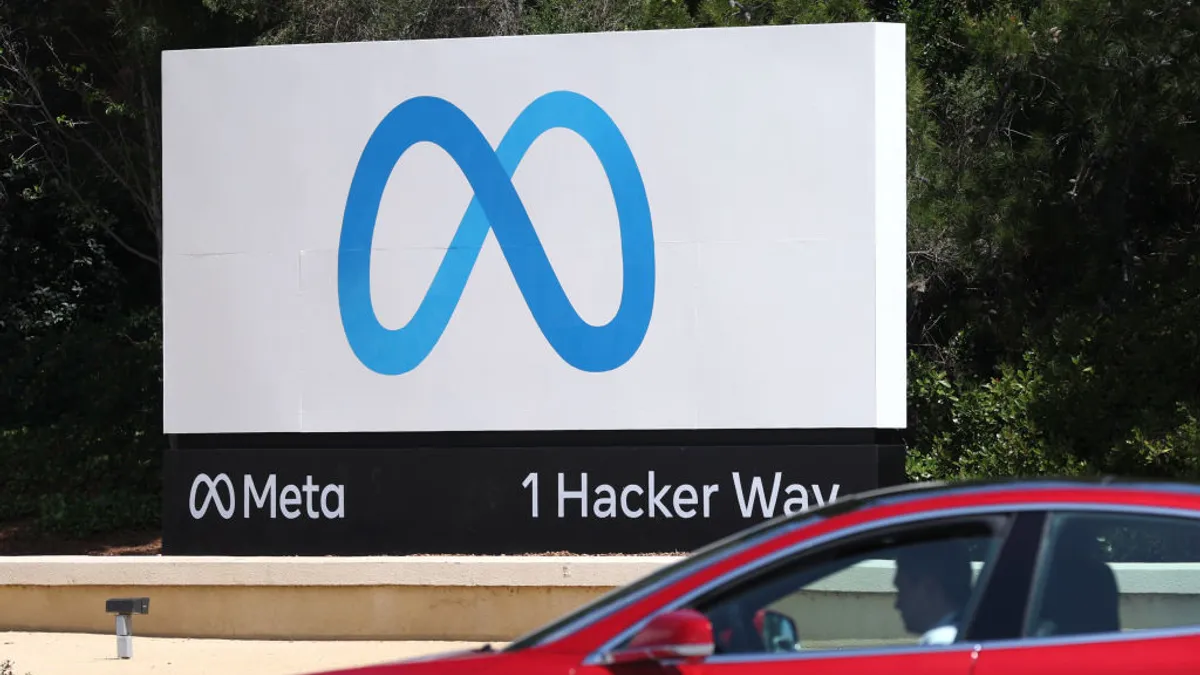Dive Brief:
- Meta is eyeing enterprise use cases for its family of open-source models as it continues to invest in expanding AI capacity, Chairman and CEO Mark Zuckerberg said during Meta’s Q2 2024 earnings call Wednesday.
- Most of Meta’s efforts related to enterprise and business applications of its technology are focused on “the business agent piece,” Zuckerberg said during the call. In the future, organizations will have at least one or more business agents that can complete tasks for employees, he predicted.
- AI agents powered by Llama models could interact with enterprise employees and customers to assist with purchases, support sales teams, accelerate issue resolution and ease outreach efforts, Zuckerberg said.
Dive Insight:
As enterprises adopt generative AI, leaders are aiming for operational efficiency, reduced drudge work and better user experiences. Enterprises are planning to direct more resources to AI next year, adding pressure for tech leaders to reach ROI and produce tangible results.
AI providers are trying to stand out in a crowded field, making the case for why their model is better than the rest.
Open-source models, like Meta’s Llama family, have proliferated in the vendor landscape. But confusion has swirled around the definition, licensing details and safety of these models.
As directed by the White House’s AI executive order in October, the Department of Commerce’s National Telecommunications and Information Administration spent the past four months looking into open models. The findings of that investigation, published Wednesday, recommended policymakers “actively monitor for potential risks to arise, but refrain from restricting the availability” for now.
While most enterprises are piloting popular closed models, like Google’s Gemini model family or OpenAI’s GPT-4, open-source models have started to gain traction among businesses for specific use cases. Open-source models can be more cost-effective, a plus for budget-conscious organizations, but these models still require investments.
“From an organizational perspective, substantial operational costs are still involved, such as the staff required to run the models, the time of leadership to organize and oversee their use, and the compute costs for inference,” researchers from several universities and institutes around the world said in a May study. “Some enterprises might also apply additional protections for security and data to ensure compliance when using open-source models, adding further costs.”
Zuckerberg doubled down on Meta’s pursuit of generative AI gains via open source in a blog post published alongside Meta’s release of Llama 3.1 last week.
“I believe the Llama 3.1 release will be an inflection point in the industry where most developers begin to primarily use open source, and I expect that approach to only grow from here,” Zuckerberg said in the post.
The company’s Q2 revenue increased 22% year over year, and capital expenditures for the quarter hit $8.5 billion, driven by investments in servers, data centers and network infrastructure. The company anticipates its full-year capital expenditures to range between $37 to $40 billion.














